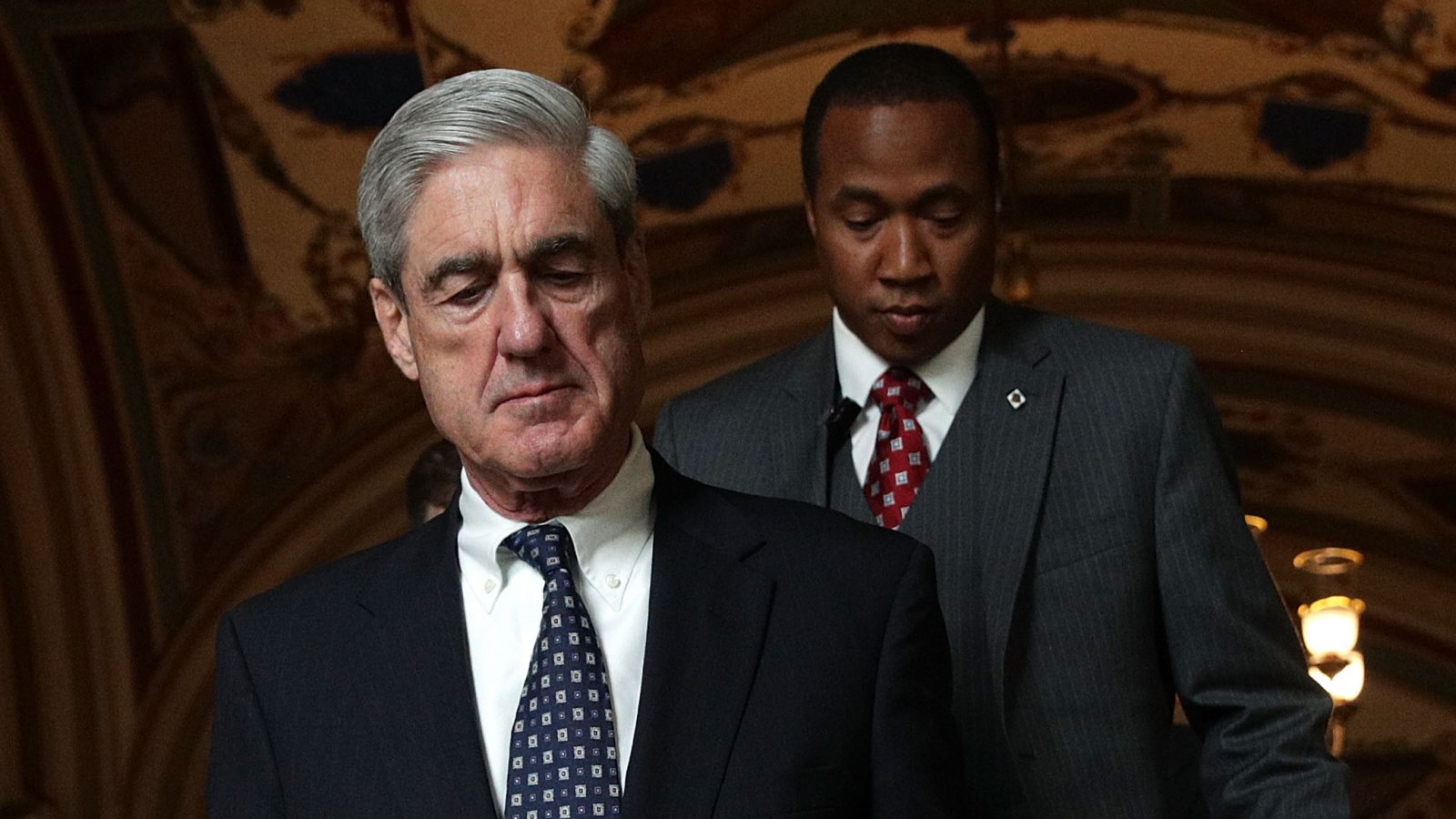
ABC News has noticed an unusually large number of sealed criminal indictments on the federal court docket in DC lately and wonders if they belong to Special Counsel Robert Mueller, who could have filed them in preparation for the likelihood President Trump would get rid of Attorney General Jeff Sessions after the midterms.
Fourteen were added to the docket since late August alone, a review by ABC News has found, just as the midterm elections were drawing near and longstanding Justice Department policy precluded prosecutors from taking any public action that could appear to be aimed at influencing political outcomes.
And the inadvertent discovery on Thursday night of what appear to be secret charges pending against WikiLeaks founder Julian Assange has drawn fresh attention to the mystery. Legal experts told ABC News that the sealed cases could be tied to Special Counsel Robert Mueller’s ongoing investigation of Russian interference in the 2016 election and possibly part of a quiet effort to protect his investigation from any premature effort to shut it down.
“I assume that Mueller knew that once the election was over, there could be an existential threat to his investigation,” said Matthew Miller, a former senior Justice official under former Attorney General Eric Holder. “He knew the best thing to do was act before that.”
(...)
Mueller has used a sealed indictment before. The case against unpaid Trump campaign aide George Papadopoulos remained a secret for three months before charges of lying to investigators were eventually made public in October 2017. Only then, after Mueller's team secured a cooperation agreement, did the public learn the one-time foreign policy advisor would be the first from Trump’s campaign to plead guilty in the probe.
While Mueller stayed quiet publicly in the run-up to the midterm elections, he could have been using that time to protect his case against a suspected shake-up at DOJ.
Mueller can only indict someone with the approval of the Attorney General, and once the indictments have been approved and filed, any effort to withdraw charges would involve a judge.
At the time, those approvals fell to Deputy Attorney General Rod Rosenstein because Attorney General Jeff Sessions had recused himself from the Russia matter. But President Trump had sent strong signals he planned to replace Sessions after the elections with someone who might be more willing to curtail the probe into Russian election interference and possible collusion.
The day after the elections, Trump appointed acting Attorney General Matthew Whitaker, who has previously denounced the Mueller probe. A Justice Department spokeswoman said this week that Whitaker “is fully committed to following all appropriate processes and procedures at the Department of Justice, including consulting with senior ethics officials on his oversight responsibilities and matters that may warrant recusal.”
“You can’t prevent a new AG from blocking new indictments,” Miller said. “But if you were ready to move on cases, you could return a bunch of indictments under seal. If the stumbling block is approval from Mueller’s supervisors, you get that approval while you still have a supervisor who approves of your work.”
The DC docket shows dozens of sealed criminal indictments. Are they from Mueller? (ABC News)